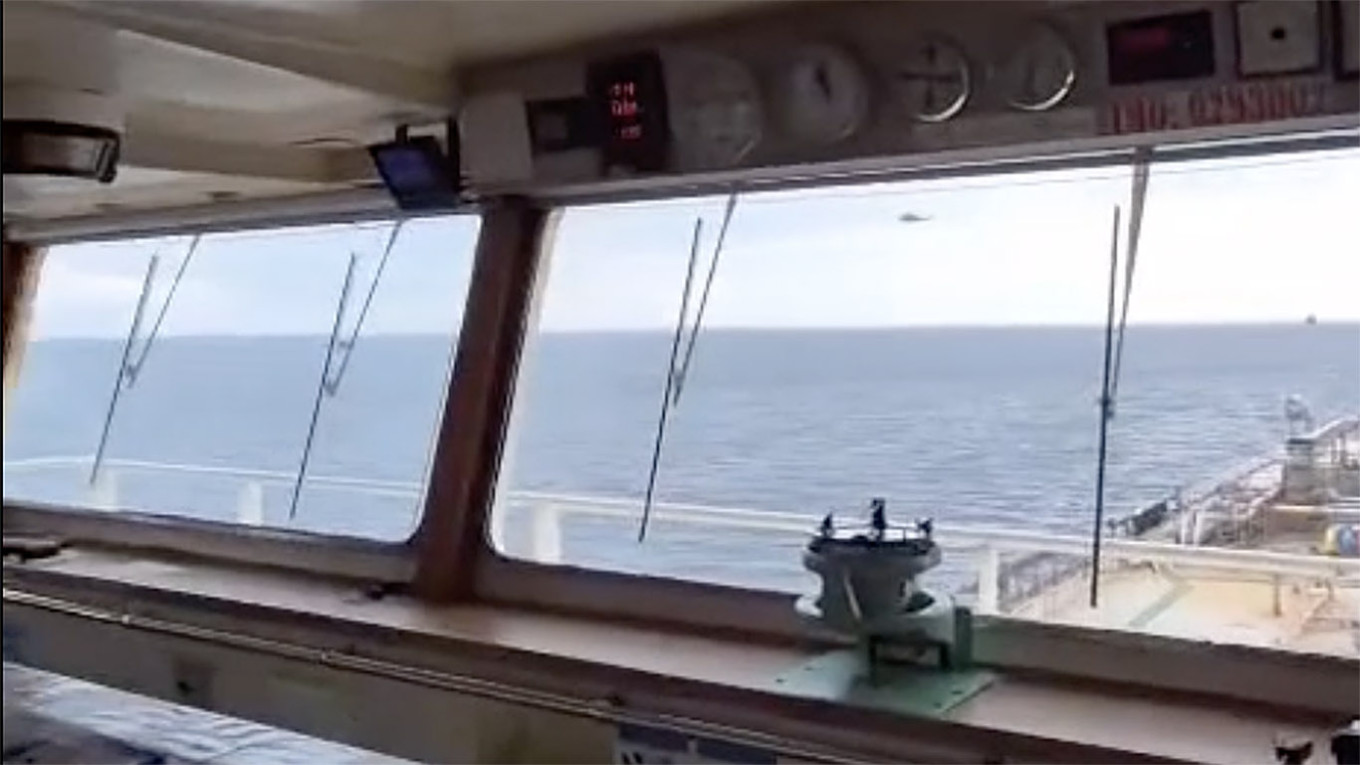On Thursday, Estonia’s foreign minister reported that a Russian military aircraft entered the Baltic nation’s airspace while the Estonian navy attempted to stop an oil tanker headed for Russia, which was accused of illegally sailing without a flag.
After the tanker, currently under British sanctions, declined to comply with boarding efforts, the Estonian Navy stated that it was escorted back to Russian territorial waters.
“The Russian Federation dispatched a fighter jet to assess the situation, which infringed upon NATO airspace for nearly a minute,” Estonian Foreign Minister Margus Tsahkna told reporters in Antalya, Turkey.
“We must recognize that Russia has officially engaged with and linked itself to the so-called Russian ‘shadow fleet’,” he added before a NATO foreign ministers’ meeting.
“[The] Russian Federation is prepared to safeguard the ‘shadow fleet’… The situation is quite serious,” Tsahkna indicated.
The vessel in question, named Jaguar, is part of a larger group of over 100 ships referred to as Russia’s “shadow fleet,” a term used by Western nations to describe vessels that Moscow purportedly uses to circumvent international sanctions, usually lacking regulation and insurance from Western entities.
Tsahkna mentioned that military jets from a NATO mission in the Baltic states were dispatched to investigate the Russian vessel and reiterated his earlier demand for more stringent and immediate sanctions against Russia in light of the event.
The Russian Foreign Ministry has yet to respond to a request for comment.
The UK has stated that its sanctions limiting or banning access to certain ports for the “shadow fleet” will hinder Russian President Vladimir Putin’s military efforts.

